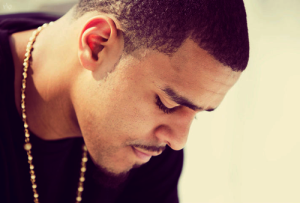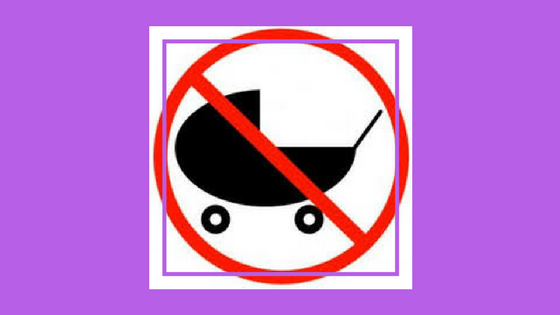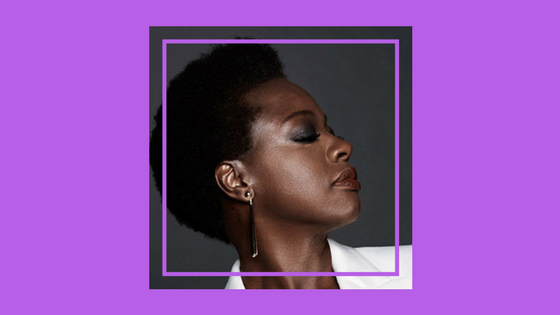Author: Ashley E.
The conveyor belt of life:
Go to school, graduate with a degree, get a job, start a family, and pay bills for just about the rest of your life. The economy has changed so much now that most bachelor’s degrees are equivalent to high school diplomas, and a master’s degree is almost equivalent to a bachelor’s degree. Most of us take out excessive, high interest student loans to pay for our education and once we graduate we find that jobs in our field are scarce so we end up working jobs that we could have obtained without our “fancy” degrees. Most of us are barely making enough to pay back all of the debt we’ve accumulated and we will be forever indebted to the government. Many people are avoiding college all together and deciding to pick up trades or lean towards less traditional careers.
I had a conversation with my sister about how the thought of going to school for so many years just to prepare to work for someone else for the rest of your life is depressing. I do realize that in order for the average person to sustain a lifestyle that person has to work to earn an income. We have bills to pay, food and clothes to buy, families to support, and with whatever is leftover we want to try to somewhat enjoy life within the madness.
About a year ago I came across an interview that J Cole did with Angie Martinez on Power 105.1 and it spoke to me in so many ways. He referred to the majority of us that go through this “conveyor belt” cycle of life as sellouts………..
“We all sellouts….. You selling out. You going to something you don’t like. Why? So you can live and survive. To me life don’t feel like it’s supposed to be like that no more. It feel like somebody time gotta be worth more than $8 an hour. You spend your whole day going to work, 8 hours out of your day. A day is only 24 hours, you gonna sleep 8 of those so right away that’s 16 hours. Half of your day is making $8 an hour. Even if you get $15 an hour and they trying to raise minimum wage. ……A hour of my life is worth $15? Ok but I gotta do it, I gotta work, I gotta eat.”
He also touched on some heavy issues that most people are afraid to talk about. He referred to capitalism as paid slavery and he discussed how most people are out for themselves looking to make a profit despite what is being jeopardized in the process.
“That’s what capitalism teaches us. It’s a every man for himself mentality. It’s a I gotta be on top….For me to be on top, I gotta have a bottom. For me to own McDonalds, I gotta have somebody at the bottom working at McDonalds. For me to own any company, any business… Capitalism is like… to me it’s like… I don’t know the alternative; I don’t even know if it exists. I don’t think we’ve evolved to something that exists yet, but capitalism is just paid slavery. It’s the same set up as slavery, only difference was slaves wasn’t getting paid.”
Martinez addressed him taking part in the Ferguson protests and he opened up on how he feels that we live within a system that wants us to become so preoccupied and distracted with our own lives that we don’t have time to take a stand on anything or have compassion for someone else.
“It’s graduate college and it’s like now I gotta pay my bills now, I gotta get this deal before my time runs out. Like life happens and you worry about all this stuff and you don’t have the time to fight for nothing no more. You don’t have the time to even care because I got my own kids… yea this man died, but it’s like yo bruh I got bills and twitter is popping right now, and Instagram is hot, and ‘Love and Hip Hop Reunion’ is on. It’s like they love to distract you and like keep you occupied while they just molest the world and milk the world. You know what I mean?”
J Cole said a mouthful. He has been on my favorite rapper list for a while now and not just because of his music but because of his mindset and intelligence. The interview made me have a new level of respect for him. A lot of artists are starting to step up and use their influencing power to speak out on a lot of the things that are being swept under the rug in our society.
Check out the interview here.





